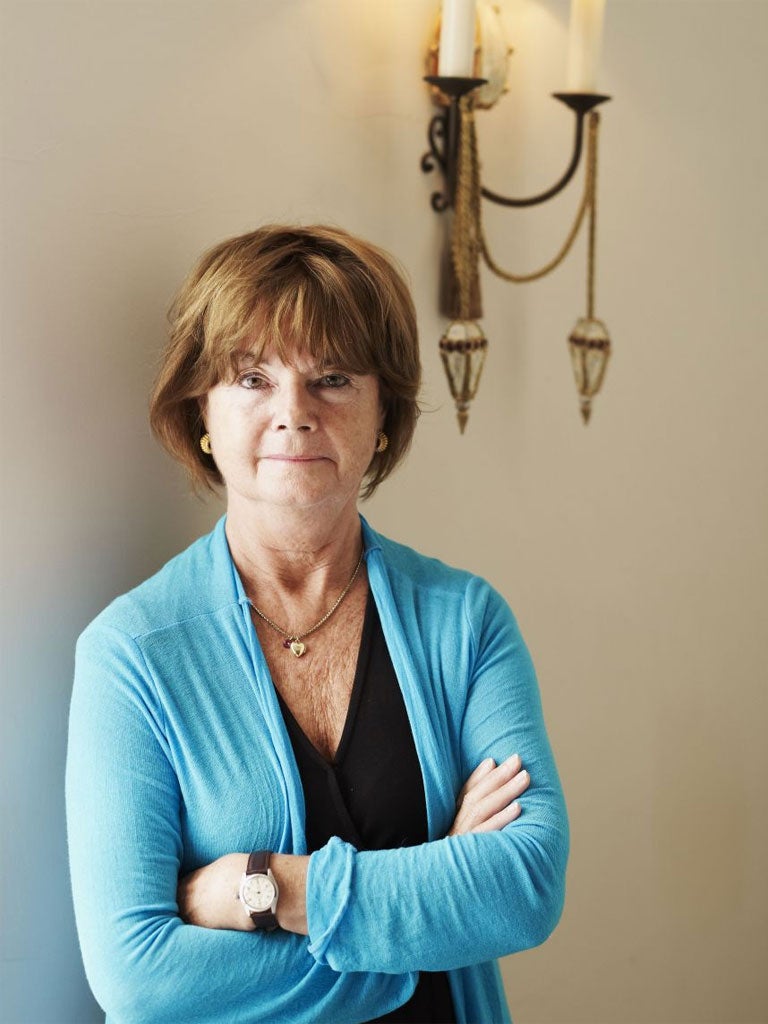
Year after year the book trade proclaims the death of the Big Biography. Year after year it rises from the grave. Why? Because the best of its practitioners follow where their talent leads, not where trends demand.
Sometimes, though, hallowed form and current fashion mix – as in Walter Isaacson's just-post mortem life of Steve Jobs (Little, Brown, £25), in which Apple's peerless innovator received a wide-screen, warts-and-all portrait in the classic mould. Entrepreneurs seldom enjoy such a memorial – but then neither do economists. In Grand Pursuit (Fourth Estate, £25), Sylvia Nasar broke the mould not only in mining the dismal science for enthralling human stories, but braiding them into a sequence of stylish bio-essays. From Marx to Marshall, Keynes to Sen, she demonstrated how revolutions in economic thought shaped the history of their age.
Experiments in the group, or collective, biography have helped push the genre forward. For Colin Grant in I&I: the Natural Mystics (Jonathan Cape, £20), the "group" means exactly that: The Wailers, whose Jamaican music changed not only the soundscape but the historical landscape of their time. The three pillars – Bob Marley, Peter Tosh and Bunny Wailer – occupy equal roles in this illuminating study from the crossroads of music and society. And Kate Chisholm's Wits and Wives (Chatto & Windus, £25) re-positioned an archetypal "great man" – Samuel Johnson - in a fresh light: as the focus of a network of female friends, bound by affection and rivalry.
For Caroline Moorehead in A Train in Winter (Chatto & Windus, £20), her collective subject took the form of a trainload of women Resistance fighters sent from France to Auschwitz in 1943 – or rather, of the survivors, whose recovered stories she knits into a harrowing but also uplifting shared story of friendship, courage and endurance. Also prompted by the flux of global war, House of Exile by Evelyn Juers (Allen Lane, £20) spun off from the figure of Heinrich Mann, fleeing the Nazis to California, into a dramatic pattern of concentric circles. It grippingly traced ripples of love and betrayal through émigré life.
In Britain, two artistic titans of the Victorian age drew definitive lives from doyennes of the art. Fiona McCarthy's portrait of Edward Burne-Jones, The Last Pre-Raphaelite (Faber, £25), and Claire Tomalin's Charles Dickens: a life (Viking, £30) both offered magnificent affirmations of biography as a blessed marriage of narrative artistry and scrupulous research. Almost as epic in scale as its hero's Buildings of England, Nikolaus Pevsner by Susie Harries (Chatto & Windus, £30) majestically wove personal into cultural history. She told how a German maverick scholar, a champion of Modernism, came to define our ideas of Englishness.
However fragile the condition of their heirs, poets from the past accounted for several of the year's most engrossing biographies. Now All Roads Lead to France by Matthew Hollis (Faber, £20) took as its theme the final years of Edward Thomas, up to his death in 1917. It sensitively recounted the growth-spurt in his art. Back among the roots of European poetry, AN Wilson with Dante in Love (Atlantic, £25) not only clarified the tangled life of the great Florentine but gave a lucid guide to his verse.
When Renaissance poetry reached England, its mantle fell on the swaggering shoulders of Thomas Wyatt. Not only the erotic, elusive lyricist of Henry VIII's court, he was also a diplomat, conspirator and spy. Dovetailing art and life with pungent wit and insight, Nicola Shulman in Graven with Diamonds (Short Books, £20) brought Wyatt and his circle thrillingly alive. But perhaps the most original life of a poet recorded the image and impact of one who never existed. Orpheus: the Song of Life by Ann Wroe (Cape, £17.99) managed, in prose both rhapsodic and precise, to convey the allure of the legendary bard from ancient Greece to modern times. This myth has flowered into truth.
Subscribe to Independent Premium to bookmark this article
Want to bookmark your favourite articles and stories to read or reference later? Start your Independent Premium subscription today.

Join our commenting forum
Join thought-provoking conversations, follow other Independent readers and see their replies